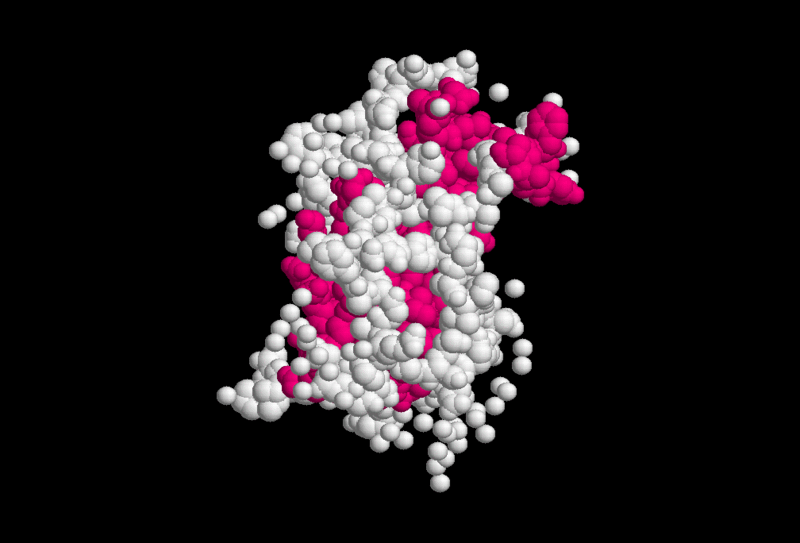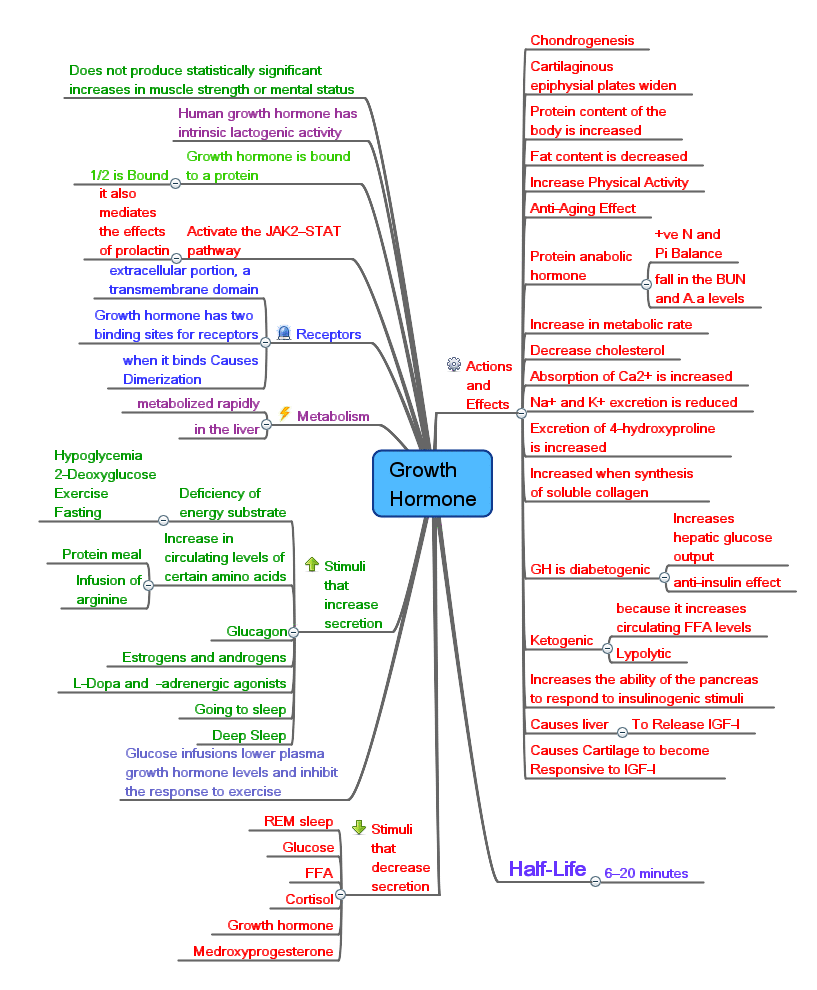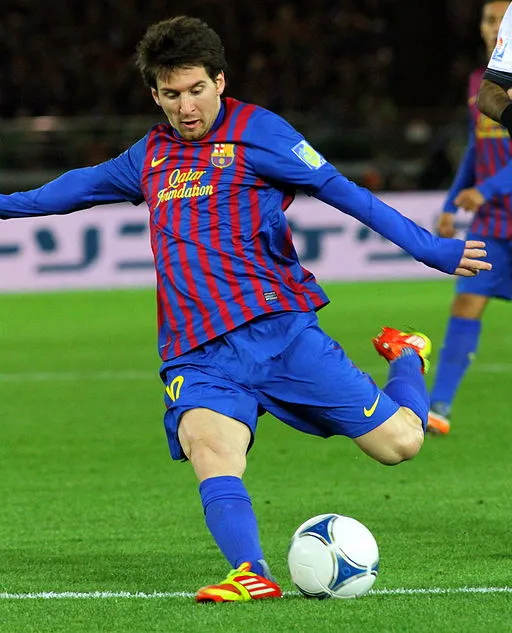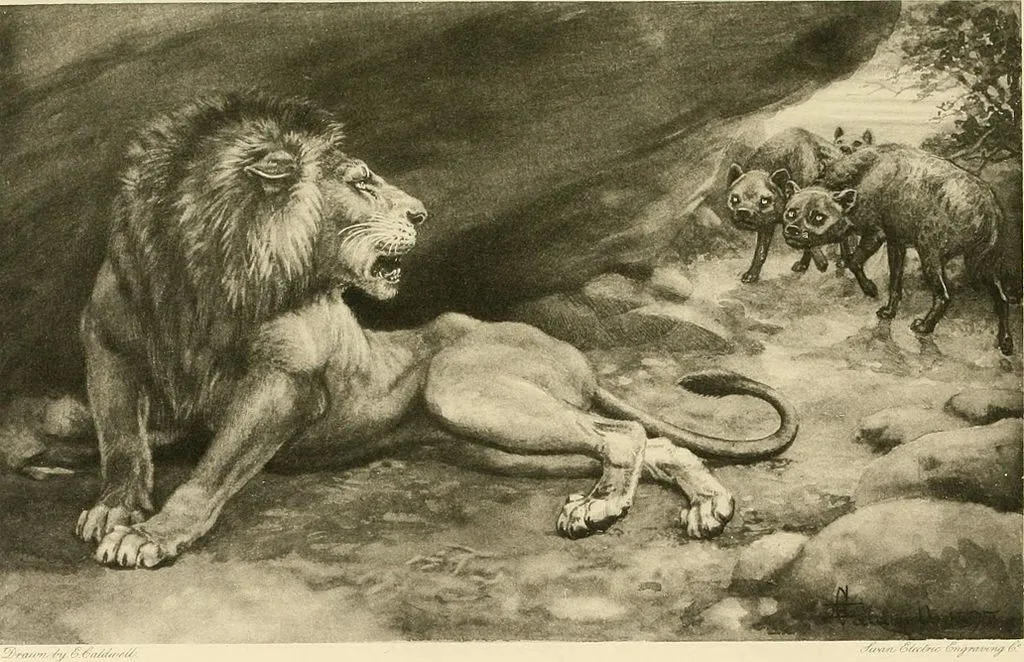So, almost two days ago I began this ‘looking like its going to be a long’ series on performance-enhancing drugs in sports. Before we discuss the human growth hormone as a performance-enhancing drug, I would like to thank those who contributed to the last post with their upvotes and comments.
Especially the intelligent comments whose questions I will try to address as well as I can in this post.
Let me warn you, I might find it difficult to remain objective on this one. I will try. This strikes a little bit too close to home for me. You see, I’m an avid Lionel Messi fan. I love and appreciate his style of play. Is the human growth hormone a performance-enhancing drug?
I will present all the facts, and its relationship to Lionel Messi and let you decide.
The human growth hormone(HGH)
Cells talk. As weird as that might sound, they do. It is as a result of this communication that the human body works as a single, coordinated unit. One of the body systems responsible for ensuring ‘messages’ are passed between cells is the endocrine system. The endocrine system (a messenger) consists of special glands that produce and release unique substances called hormones (messages) into the bloodstream. When these hormones (messages) are released, they are carried by the bloodstream to the target cells. On getting to the target cells, these hormones deliver precise messages telling the cells what to do.
This process of communication is called cell to cell signaling.
The pituitary gland is an endocrine gland (a messenger) located at the base of the brain. It is divided into an anterior, middle and posterior part. Each of these parts perform functions so vital to human survival that the pituitary gland is also called the master gland.
The anterior part of the pituitary gland contains different types of cells. For this article, we are concerned only with the somatotrope cells. The somatotropes secrete the human growth hormone when they are prompted by another messenger hormone, the hypothalamic growth hormone releasing hormone.
When the somatotropes of the anterior pituitary gland secretes the human growth hormone (HGH), after being ‘told to’ or ‘not to’ by the growth hormone releasing hormone and the growth hormone inhibiting hormone respectively, it is ferried by the bloodstream to target organs where they instruct the cell to perform certain functions.
Chemistry of the human growth hormone
The human growth hormone or somatotropin (after the somatotrope cells that produce them) are peptide hormones. A peptide is a chain of amino acids held together by covalent bonds. The human growth hormone is made of a chain of 191 amino acids.

Growth Hormone
Source: Public Domain
Physiology of the human growth hormone
Studying the physiology of the human growth hormone, its effect on target cells and its subsequent effect on the whole body will help us understand its role in sports as a performance-enhancing drug. Unlike other hormones who have target cells through which they mediate their effect on body physiology, growth hormone has no specific target cell since its effect is felt in all the tissues in the human body.
Functions of human growth hormone
- Growth- One of the major functions of growth hormone is in its role in causing growth. In all cells of the human body, especially during the course of development, growth hormone causes growth in all tissues of the body. It does this by:
- Causing an increase in the size of cells
- Increasing mitotic activity that enhances cellular division and multiplication.
- This overall effect on cellular division causes an understanding increase in the rate of cellular differentiation.
Increased basal metabolic rate: Growth hormone causes an increase in overall metabolic rate in all tissues of the body by using up lipids for energy while conserving carbohydrates.
You might wonder how it can be used as a performance-enhancing drug when it conserves a major energy source like carbohydrates.Increased protein synthesis: This is one major function of growth hormone that makes it such a huge performance booster. It is this anabolic (bodybuilding) function that makes it exert a great influence on growth in a growing child.
Gluconeogenesis: It seems growth hormone does everything possible to conserve carbohydrate. By reducing the liver’s ability to take up glucose and instead promoting gluconeogenesis. (formation of glucose from non-carbohydrate sources, notice even here carbohydrate is conserved.)
Increased protein deposition in tissues: This is also an anabolic effect directly related to the increased protein production. This causes tissue growth.
Lipolysis: This is the break down of fats. Growth hormone conserves carbohydrate and uses up fat stores for energy.
Relationship with insulin: For reasons too complicated for this discussion, growth hormone cannot perform its action without the presence of insulin. This contributes to some of the complications seen in diabetes.
Growth hormone causes increased calcium retention and enhance the growth of bone. This is essential for growing children.
Stress hormone: Almost any kind of stress stimulates growth hormone production. Recent studies have tied the overall effect of growth hormone production and secretion. According to these researchers, the effect of growth hormone to increase anabolism is directly related to the stress produced as a result of exercise.
What we do know is that growth hormone production is increased during stress.

The many functions of the growth hormone
Source: Madhero88
Human growth hormone as a performance enhancing drug
The bold performance enhancing drug user and self proclaimed steroid guru, Dan Duchaine gave the first reported use of the human growth hormone as a performance enhancing drug. Before this, anabolic steriods was the more popular drug of choice.
Due to its actions in conserving carbohydrates, it is difficult to tell if the human growth hormone improves athletic performance. But it can be an advantage in endurance and power sports. For athletic performance involving speed, growth hormone might not, in fact doesn’t confer any advantage.
Why then would athletes use the human growth hormone as a performance enhancing drug? Since 2010, they have been 15 reported cases of violated antidoping rules involving growth hormone. The positive effects of growth hormone as a performance enhancer lies in its function as a stress hormone. Growth hormone boosts recovery which is vital to the career of any sportsman.
Positive effects
It boosts recovery through its anabolic and stress relieving effects.
Its increased protein synthesis and increased protein deposition in tissues improves wound healing and improves muscle mass and strength.
Its action of conserving carbohydrates while increasing the use of fats as an energy source is an advantage to endurance athletes like marathon runners.
Side effects of the human growth hormone
There would be an increased risk of cardiovascular disease.
There’s also an increased risk of hypertension and heart failure.
Due to its effect on growth, there would be an abnormal growth of body organs.
There’s an increased risk of osteoarthritis.
Life expectancy is reduced.
I personally found this ironic because of the positive effect of growth hormone on aging.
The World Anti-Doping Agency and Growth Hormone
According to the bulletin issued by the world antidoping agency to take effect January, 2018, growth hormone, growth hormone fragments, growth hormone releasing hormone and all their variants, growth hormone secretagogues, and growth hormone releasing peptides, are on their list of prohibited drugs.
What this means is that if growth hormone, and any stimulants that would influence the release of growth hormone, and growth hormones fragments found in any sample submitted by an athlete would attract its due punishment.
The Food and Drug Administration and Growth Hormone
The United Stated Food and Drug Administration however approves the use of synthetic or human growth hormone in the cases of specific abnormalities. Some of which are:
- Turner’s syndrome
- Prader Willi syndrome
- Chronic kidney disease
- Growth hormone deficiency or insufficiency
- Short bowel syndrome
- Growth hormone deficiency due to an abnormality in the pituitary gland
- Muscle wasting disease associated with HIV/AIDS
Lionel Messi and Growth Hormone
Lionel Messi needs no introduction. He is my favorite player. So much I’ve been known to become a little depressed when he plays badly. (only a little) Some regard him as the most talented footballer ever. (me included, obviously.)
At age ten, a growth hormone deficiency diagnosis threatened to end his career before it began. Recall that the FDA approves the use of growth hormone for medical emergencies such as this. Barcelona football club came to his rescue.
As much as I’m tempted to, I will stop the ‘Messi exposé’ here.

Lionel Messi
Source: Christopher Johnson
Some guilty athletes
Rugby player, Terry Newton, and MMA fighter, Chael Sonnen are some of the athletes reported to have abused growth hormone.
Should performance enhancing drugs be banned?
Some might argue its a matter of choice. We are who we are, and as free individuals, we should be allowed to live our lives as we see fit. This is true. The freedom of choice we have is what differentiates us from those behind bars. Is it?
What are we, if not animals, without law?

Source: E. Caldwell
The World Anti-Doping Agency (WADA) regulates and promotes fairness in a world littered with corruption and greed. WADA has labeled any drug that is a performance enhancer, a health risk or if it promotes a spirit of unfairness in a competition, illegal.
Is this so bad? Or should we fight for our freedom.
Like most laws, this institution by WADA is for the athletes benefit. No sportsman will remain within the realms of competitive sport forever.
They are humans, not superheroes. They age, they will retire and some day, die.
After retirement, they exists another phase of life. Should the post retirement phase be spent unhealthy and ailing? Or might it be better spent enjoying the fruits of a highly tasking career?
The World antidoping agency goes on to rule that a sport should be characterised by the following values: ‘Ethics, fair play, honesty, health, excellent performance, character and education, fun and joy, team work, dedication and commitment, respect for rules and laws, courage, community and solidarity.’
Are they wrong?
These values listed above are for whose benefit? Everyone.
We forget too quickly in the heat of the moment that we are not at war. Ladies and gentlemen, it is called 'sports' for a reason. It should be fun, competitive, unifying and enjoyable.
We also forget that these athletes have followers. An understatement.
Cristiano Ronaldo has 116 million followers on Instagram. 116 million followers. Let those numbers sink in. These are not passive fans. Ask those who have died, ask those who have lost money or houses, betting huge stakes on the whims of their idol’s athletic performance.
Should cheating become permissible?
Hell no.
Do you think Messi's performance can be due to his growth hormone treatment at the early stage of his career?
References
Cristiano Ronaldo climbs Instagram ranks, Selena Gomez most-followed
Cell signaling
Dan Duchaine
Doping in sports
Guyton, Arthur C, and John Hall, Textbook of Medical Physiology. Elsevier, 2000.
Growth hormone: Hormone of stress, aging and death?
Human growth hormone testing
Human growth hormone: uses and side effects
Lionel Messi
Peptide
Performance Enhancing Substances
Pituitary gland
Somatotropic cell
Terry Newton drugs breakthrough prompts human growth hormone alert
The endocrine system
Why Chael Sonnen testing positive for HGH and EPO is a shock
WADA
Why we should allow performance enhancing drugs in sports